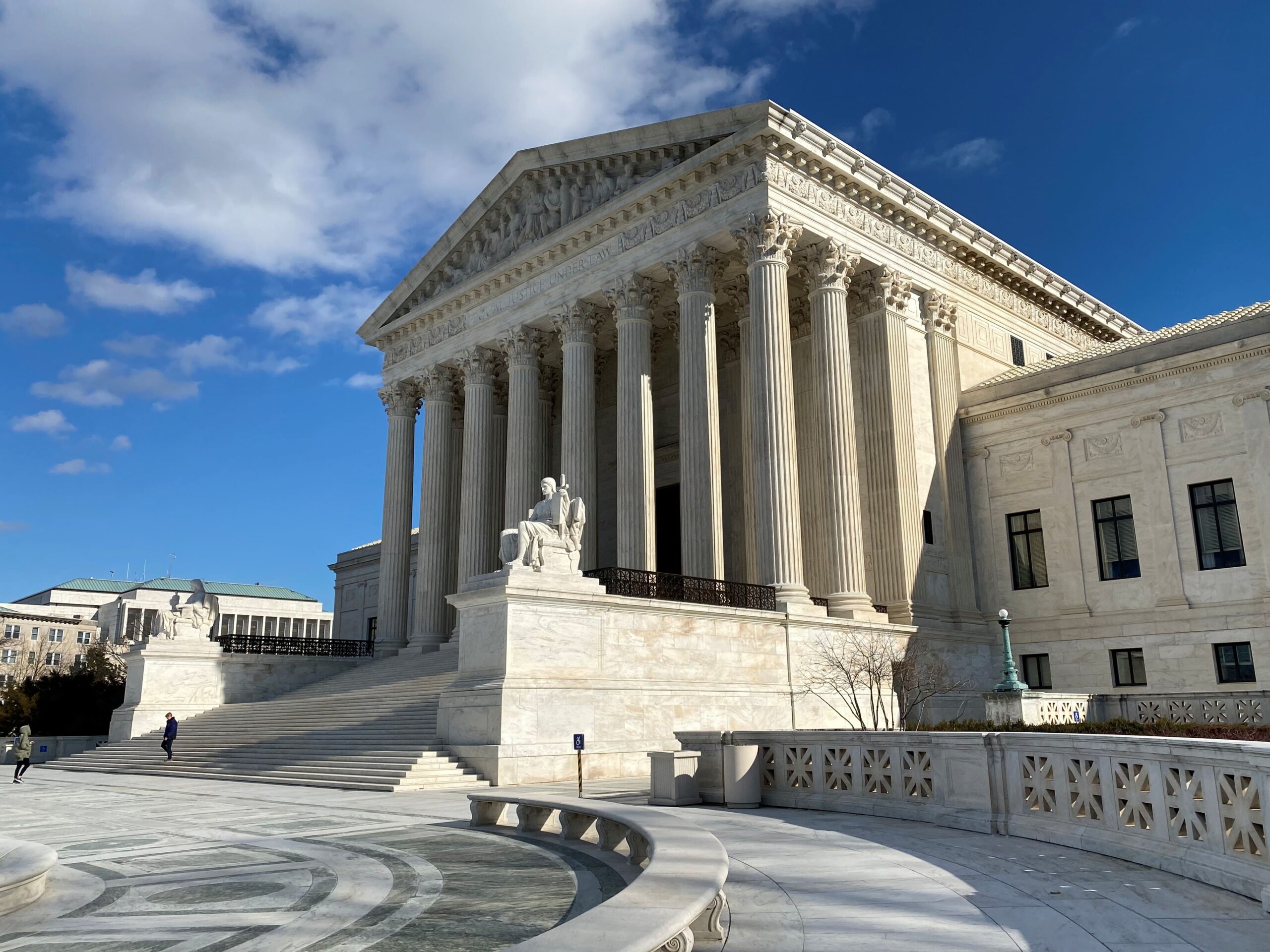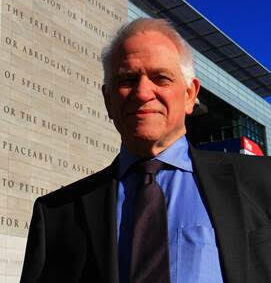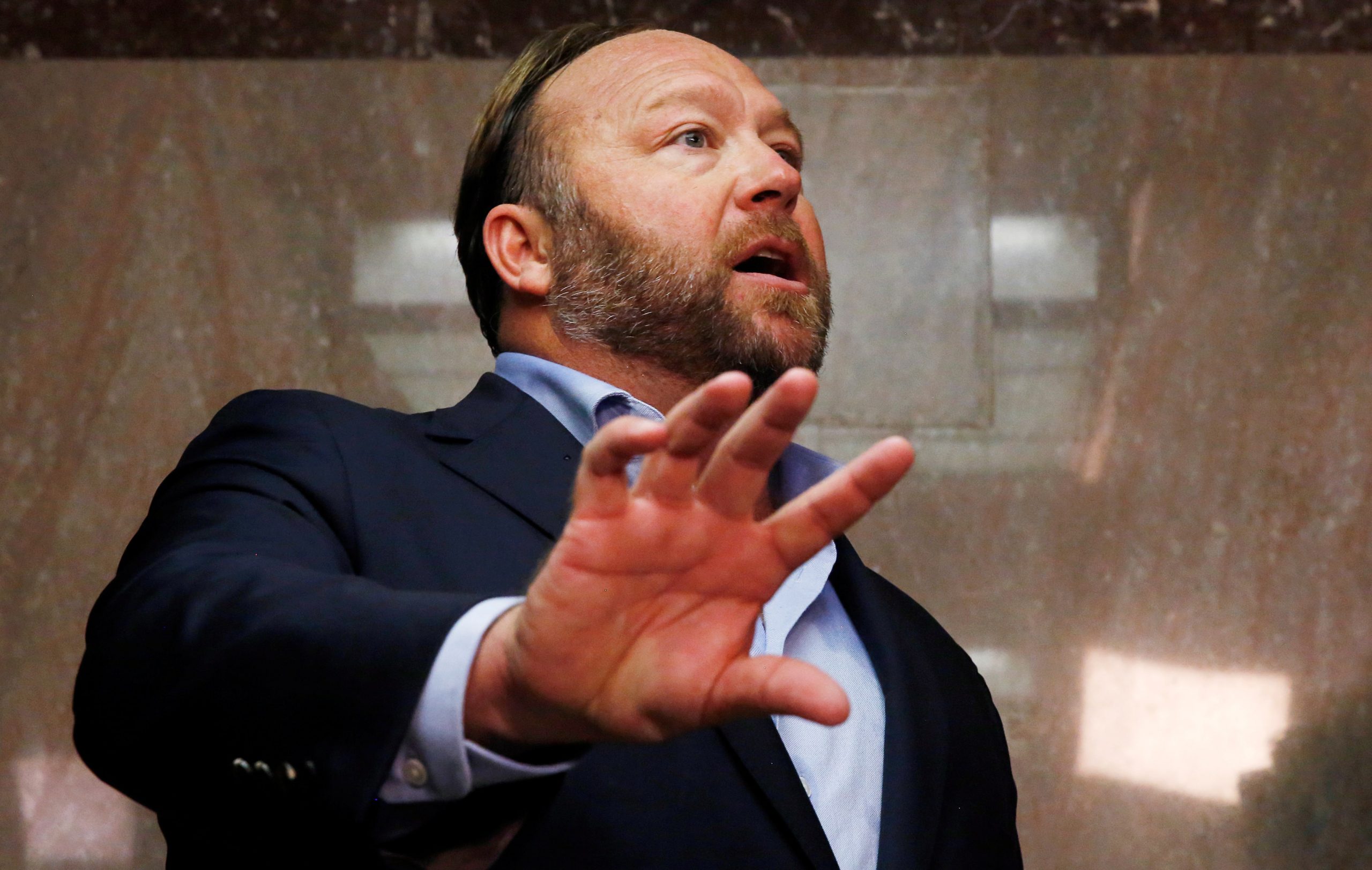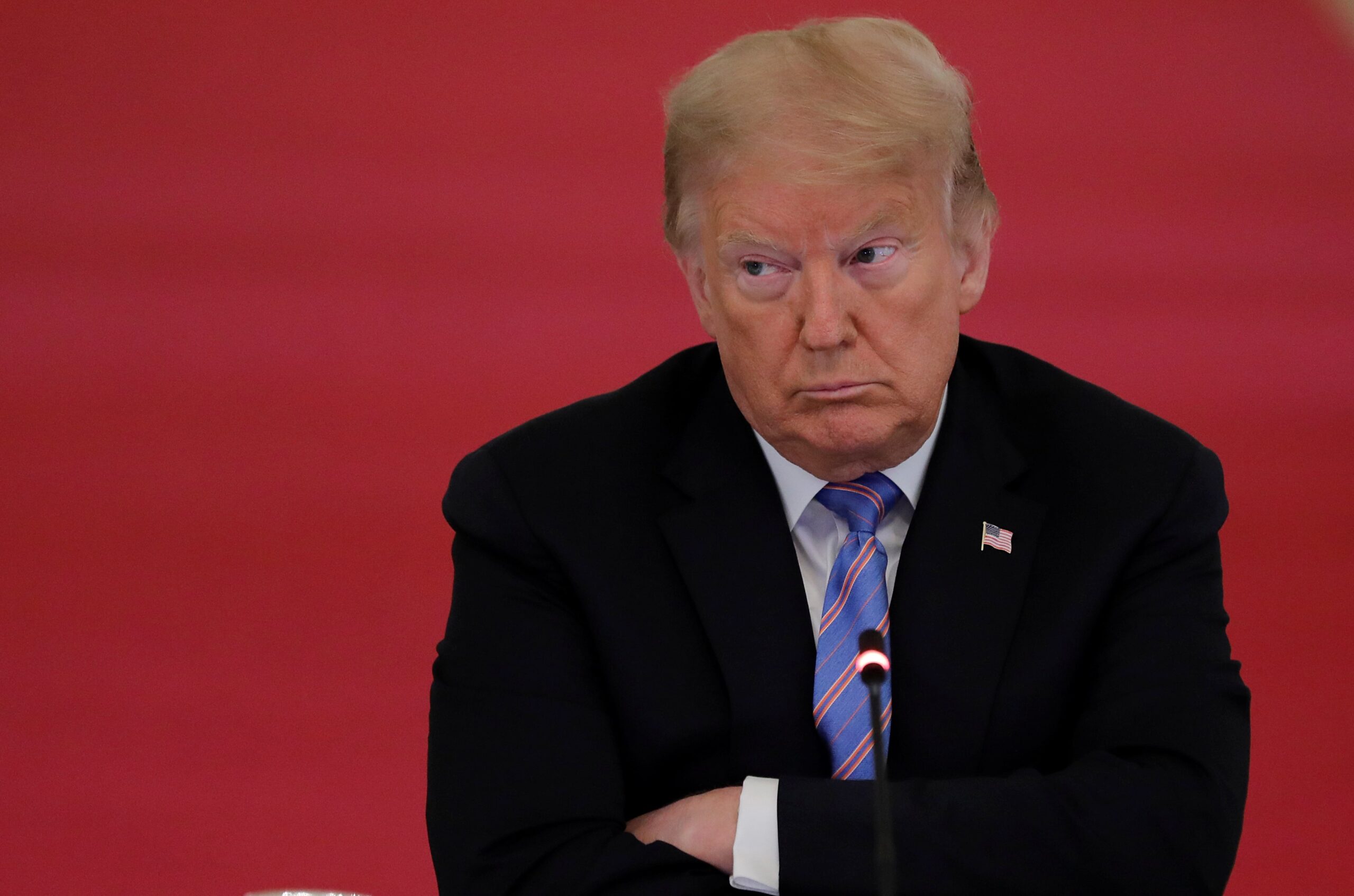Supreme Court Rules Boston Violated First Amendment in Flagpole Suit
On May 2nd, the Supreme Court ruled 9-0 that the city of Boston violated the First Amendment when it refused to let a religious nonprofit fly its flag. Boston City Hall has three flagpoles that fly the American flag, the state of Massachusetts’s flag, and a rotating cast of flags from various organizations that apply for permission.
Punishing Disney for Opposing Florida’s ‘Don’t Say Gay’ Law Poses Serious First Amendment Problems
Florida has placed itself at odds with the well-settled First Amendment rule prohibiting government officials from “subjecting an individual to retaliatory actions . . . for speaking out.” Hartman v. Moore, 547 U.S. 250 (2006).
Lies: A Conversation About Free Speech With Salman Rushdie, Jameel Jaffer, and Larry Siems
Join us on Tuesday, April 19th at 5 p.m. EST for a lively and provocative discussion about lies and disinformation—their effect on a representative democracy and the avenues available to combat them consistent with America’s free speech principles.
Judge Fines Alex Jones for Failing to Appear for a Deposition in Sandy Hook Defamation Suit
On March 30th, a Connecticut judge found Infowars host Alex Jones in contempt of court for failing to appear for a deposition in a defamation suit brought by the families of the Sandy Hook Elementary School shooting victims. Jones has been sued by several families over his claims that the Sandy Hook shootings were a “giant hoax” and had been staged by the government to undermine the Second Amendment.
Judge Rules that Smartmatic’s $2.7 Billion Defamation Suit Against Fox News Can Proceed
On March 9th, a New York Supreme Court judge ruled that voting technology company Smartmatic’s $2.7 billion defamation lawsuit against Fox News and Rudy Giuliani can proceed. In his ruling, Judge David Cohen said that Giuliani repeatedly made claims “without any evidence” and “without any basis” that Smartmatic tried to tip the 2020 presidential election in Joe Biden’s favor.
Arizona House Passes Bill That Would Limit Recording of the Police
On February 24th, the Arizona House of Representatives voted to advance a bill that would make it illegal to photograph or record a police officer in public from a distance of eight feet without his or her permission. House Bill 2319 says if an individual is asked by the police to quit filming but continues to do so would face a class 3 misdemeanor and up to 30 days in jail.
Federal Judge Orders January 6 Lawsuits Against Trump to Move Forward
A judge for the U.S. District Court for the District of Columbia ruled on February 18th that three civil lawsuits aimed at holding former president Donald Trump accountable for the deadly attack on the Capitol can move forward. Trump had sought to dismiss the lawsuits, claiming, in part, that the First Amendment bars the plaintiffs from suing him, and that his conduct was protected because he was a sitting president at the time.
Appeals Court Rules Florida Licensing Law Doesn’t Violate the First Amendment
A federal appeals court ruled that a Florida law that requires individuals to be licensed in order to dispense dietary advice doesn’t violate the First Amendment. Heather Kokesch Del Castillo, who calls herself a “holistic health coach,” sued the state, claiming that Florida’s Dietetics and Nutrition Practice Act violates her free speech rights to give advice to her clients.







